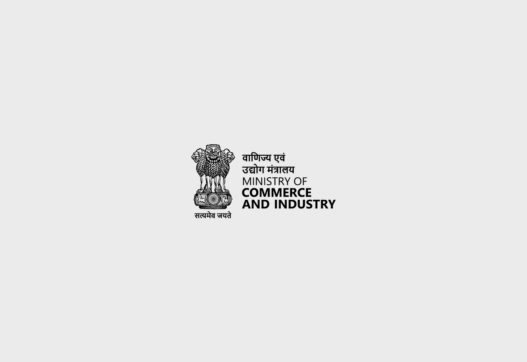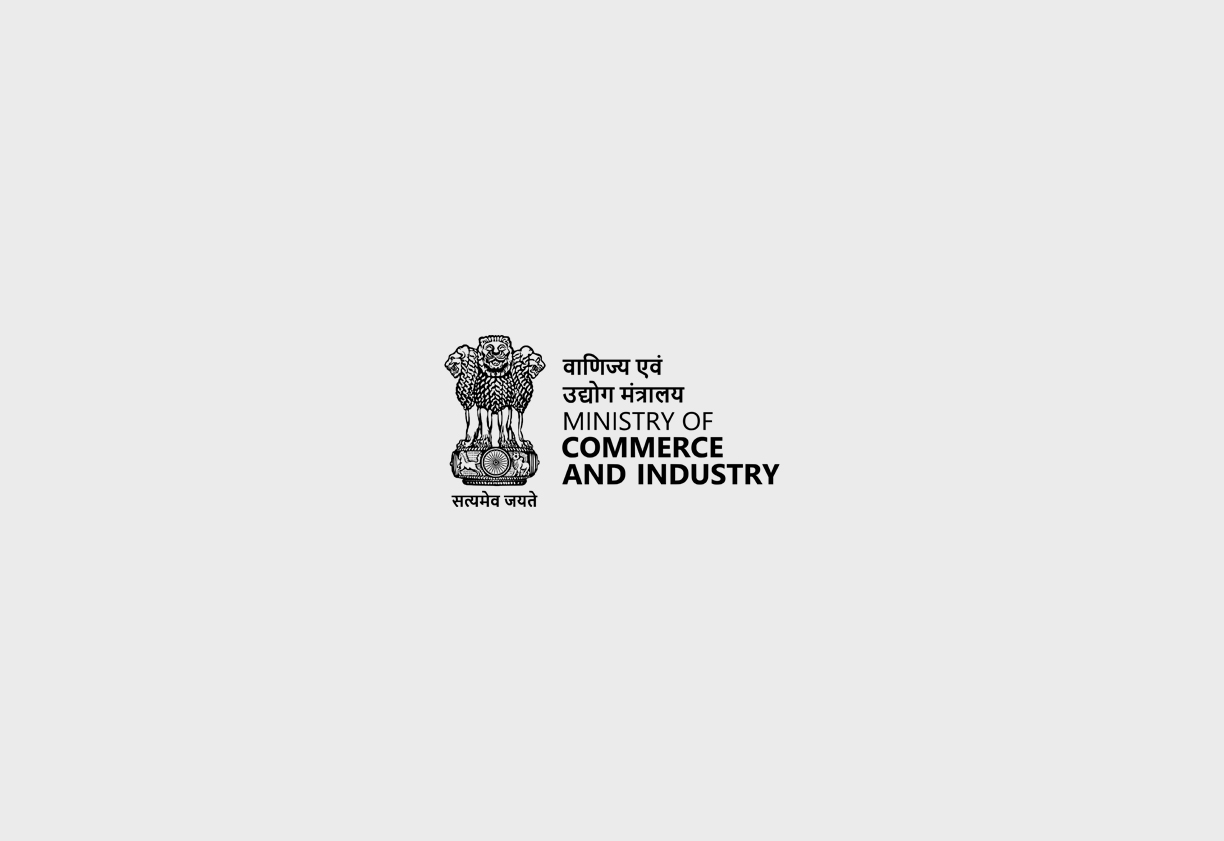Ministry of Commerce and Industry
The Rubber Act, 1947, is an Indian legislation aimed at developing and regulating the rubber industry. This Act establishes the Rubber Board and outlines its functions related to production, research, marketing, and trade. The Act also details provisions for licensing, pricing, quality control, and financial mechanisms to ensure efficient and equitable development of the rubber industry.
Act Background and Ministry Under Which This Act Is:
The Rubber Act, 1947, was introduced to address the need for regulated development and functioning of the rubber industry in India. This legislation establishes the Rubber Board and gives it powers related to production, marketing and trade. Although the act doesn’t mention a particular ministry, it operates under the purview of the Ministry of Commerce and Industry.
Enactment Date, Number of Chapters, Number of Sections:
The Rubber Act, 1947, was enacted on April 18, 1947. It consists of 29 sections, which outline the constitution, powers, and functions of the Rubber Board, along with provisions for regulation of the industry, penalties, and miscellaneous matters.
Act Governed By:
The Act is governed by its own provisions, the rules and regulations under it. It sets the legal framework for the functioning of the Rubber Board, including the composition of the Board, its responsibilities, and decision-making process. It also covers areas like trade, licensing, and specifies regulations for various aspects of the rubber industry.
On Whom it is Applicable:
The act is applicable to all persons involved with rubber industry including owners, dealers, manufacturers and processors of rubber as well as to the Rubber Board which is created by this Act. It extends to all areas where rubber production, trade, import or export takes place in India.
Penalties/Punishments:
The Act outlines specific penalties for contraventions of its provisions, including:
-
Fines for illegal possession or transactions in rubber without a license.
-
Penalties for obstructing the operations of the Board or for submitting false information.
-
Cancellation of licences for contravention of the act.
-
The Act has provisions for adjudication of penalties.
Important Pointers:
-
Rubber Board: The Act establishes the Rubber Board to develop and regulate the rubber industry.
-
Licensing: It mandates licensing for trading in rubber, for plantations and for curing establishments.
-
Import and Export: The Act provides controls and regulates the import and export of rubber.
-
Price Control: The Central Government is empowered to fix prices for the sale of rubber.
-
Cess: The act specifies provision for levying cess on rubber.
-
Functions of the Board: The Act outlines the various functions of the Board including those for research, marketing, and training.
-
Protection of Action: The act protects those acting in good faith under the provisions of this act.
-
Funds: The Act has provisions for creating and maintaining separate funds for management of the industry.
-
Power to Delegate: It provides power to the Central Government to delegate certain functions.
-
Jurisdiction: It specifies courts with jurisdiction over the matters of this Act.
Act Copy:




